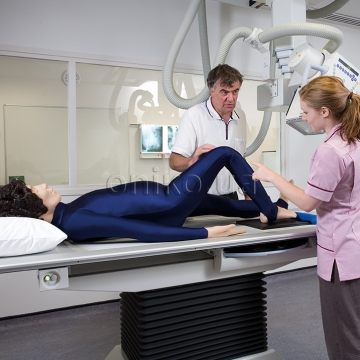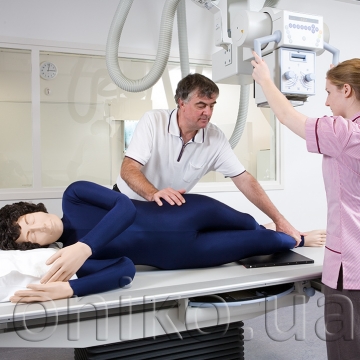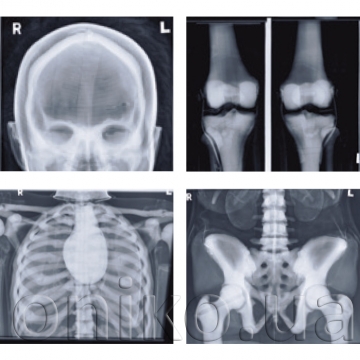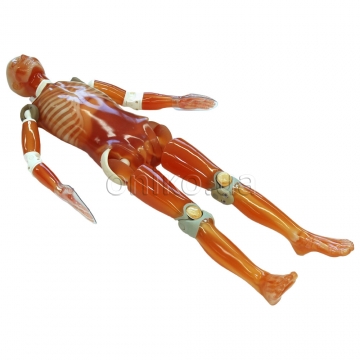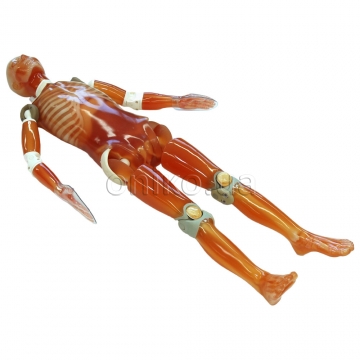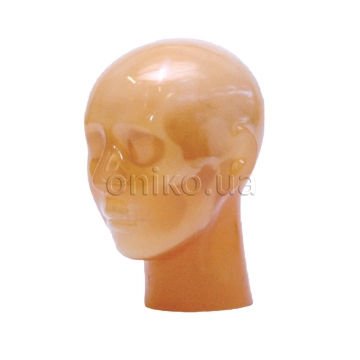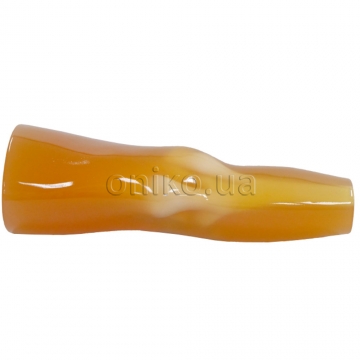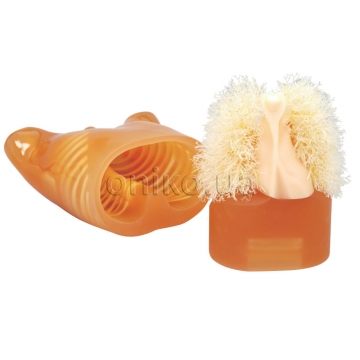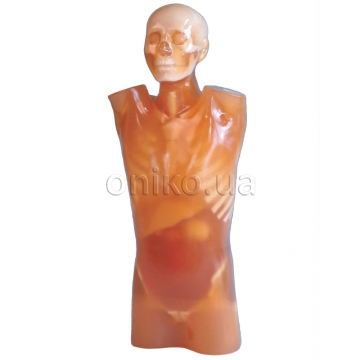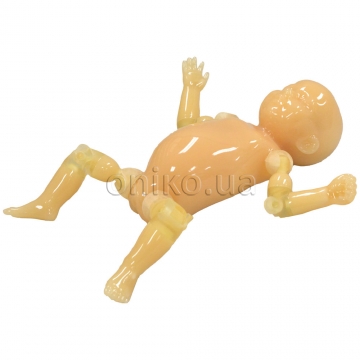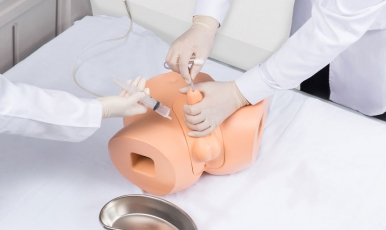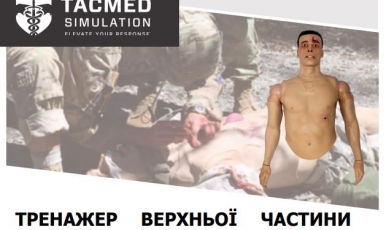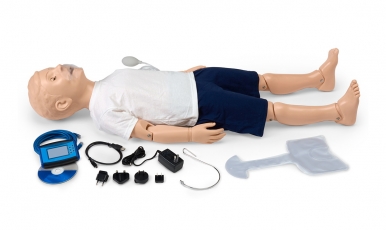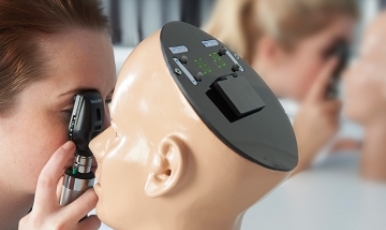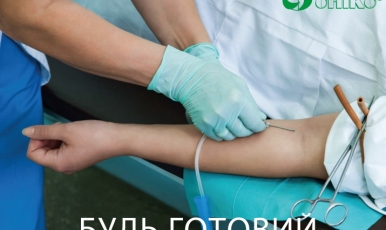X-ray/radiographic positioning doll
Skills
• An invaluable teaching aid in Schools of Radiography, without bringing discomfort or danger to patients or students
• Widely used by Schools of Radiography throughout the world
• Life size human figure for training Radiographers in the following skills:
∙ Positioning techniques
∙ Patient handling
∙ X-Ray machine use
Features
• Life-size figure containing a fully flexible articulated skeleton produced from a specially selected grade of plastic
• No metal parts are used in the articulation of the skeleton
• Anatomical landmarks easily identified
• The body covering has the combined properties of being able to simulate surface anatomy whilst remaining totally radiolucent
• Representations of the larynx, heart, lungs and kidneys are constructed from radiolucent material
• Weight – the doll is light enough to be carried easily
• Joint flexibility – there is slight hyperflexion of the knees and elbows.
• The hip rotation is sufficient and generally the joints are realistic
• Flexible and durable articulation of the skeleton ensures a lengthy period of use
Positioning
• The Doll is best used in the recumbent positions as, although it is possible to use an upright bucky with supports, this makes the use of positioning blocks and immobilization devices more difficult
• The Doll will lie naturally in the neutral position, prone or supine, without support
• A wide selection of positioning aids must be at hand, e.g. foam blocks, wedges, sand bags and compression band. These are essential to maintain any position other than neutral as the skin of the Doll has some resistance to overcome. This is, of course, an advantage in the teaching as it prevents the student cutting corners by omitting the use of these positioning aids
• The Doll can be positioned for all standard projections with no more difficulty than a difficult patient might present
CT Scanning
• The X-Ray Positioning Doll was positioned and imaged for a whole body CT (Computed Tomography) investigation
• Good images in terms of body outline and fundamental structure can be obtained
• Certain areas of the skeleton structure e.g. thoracic vertebrae and the head of the femur gave similar values to the typical patient
• As the doll is very different from the human body in terms of attenuation it cannot be used for training in, or practising exposure control
Individual X-Rays for each Doll
• Each Doll is individually X-rayed
• Customers can be reassured that there are no metal parts in the Doll by referring to the set of digital X-Rays which are supplied with each Doll
• Images shown were taken using medium frequency generator; no grid; fine focus; 100cm S.I.D. Fuji CR system

